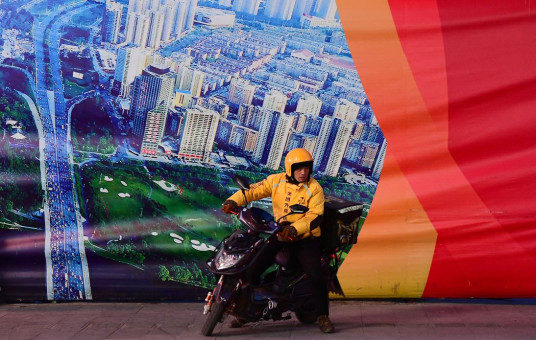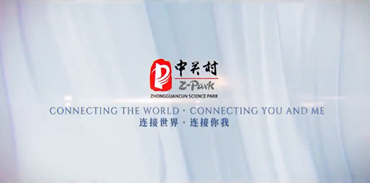Meituan eyes mapping, driverless vehicles to cut delivery costs
 |
|
A Meituan deliveryman in Shenyang, Liaoning province. [Photo provided to China Daily] |
Meituan, China's fourth-largest internet-based services firm in terms of market capitalization, is betting on high-definition maps to reduce reliance on deliverymen and drive unmanned services to further bolster its vast business.
A group buying and dining platform with 320 million active users and more than 4 million merchants, Meituan offers a range of services spanning from online food delivery to ride-hailing.
A former Meituan employee who sought anonymity said it has been several years since the firm started to develop mapping services.
Hong Kong-listed Meituan confirmed it has been working on mapping services. "We set up a location-based services, or LBS, team in October last year following corporate restructuring. The unit includes mapping services, ride-hailing and traffic data management," it said in a statement to China Daily.
Another source said the LBS unit hired Zhang Shaowen as tech leader. Zhang was earlier serving as vice-president of used car platform Renrenche. Before that, he was general manager and chief web architect of intelligent navigation at Baidu Map.
"Meituan will use the mapping service as a tool in ramping up efforts in self-driving deliveries," he said, adding the team comprises several dozens of specialists.
Meituan already started trial operations of deliveries using autonomous or driverless vehicles. It said it will start large-scale operations of its driverless delivery vehicles this year.
Industry insiders attributed the accelerated efforts in mapping and unmanned delivery to mounting costs of deliverymen.
Meituan's financial report for the first quarter of this year showed that online food delivery still accounted for over half of the company's total revenue. Yet, the cost increased 40.5 percent year-on-year, mainly driven by the cost of deliverymen as orders rose.
The cost of online food delivery grew 238 percent to 19.3 billion yuan ($2.7 billion) in 2017 while the cost of deliverymen jumped three times from 5.1 billion yuan to 18.3 billion yuan, its prospectus showed.
"To drive unmanned delivery, mapping is a must. The company didn't choose to cooperate with mapping service providers because common mapping technologies cannot meet the demand of Meituan's food delivery," said Qie Jianjun, former vice-president of AutoNavi, in an interview to a local tech media publication.
In addition to unmanned deliveries at shopping malls, office blocks and university campuses, Meituan's delivery cars will also be able to travel up and down building elevators.
Yang Xu, a life and services analyst at consultancy Analysys, said Meituan's efforts in unmanned delivery services could prove a trump card as it seeks lead in the fiercely competitive segment.
"For most internet-based companies, emerging technologies including unmanned delivery are the core engine to drive their businesses and win in the future," Yang said.

